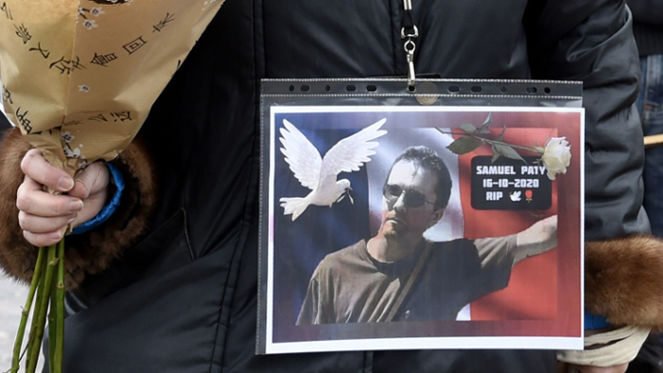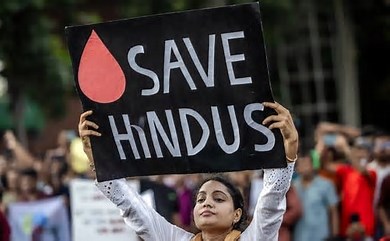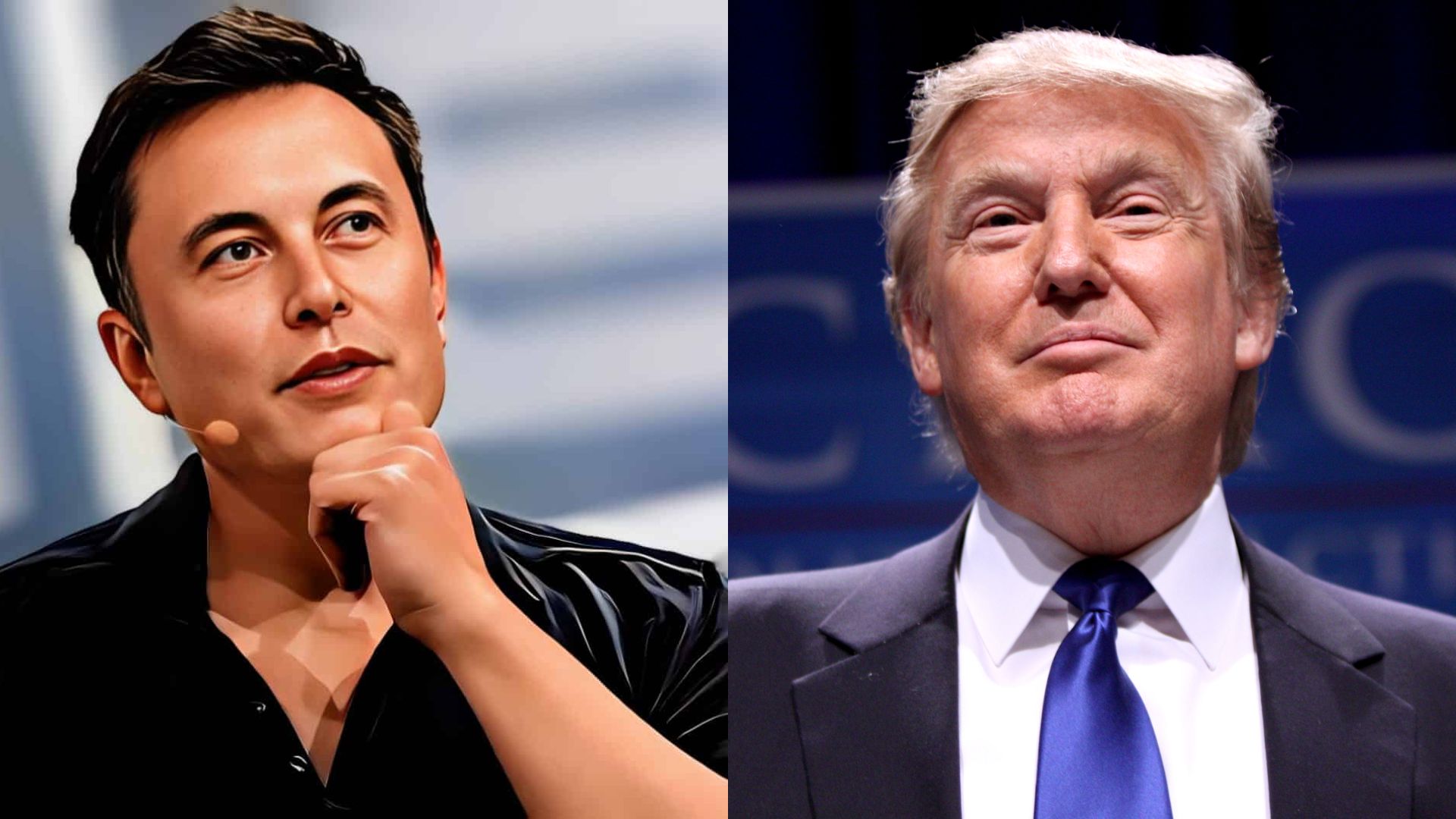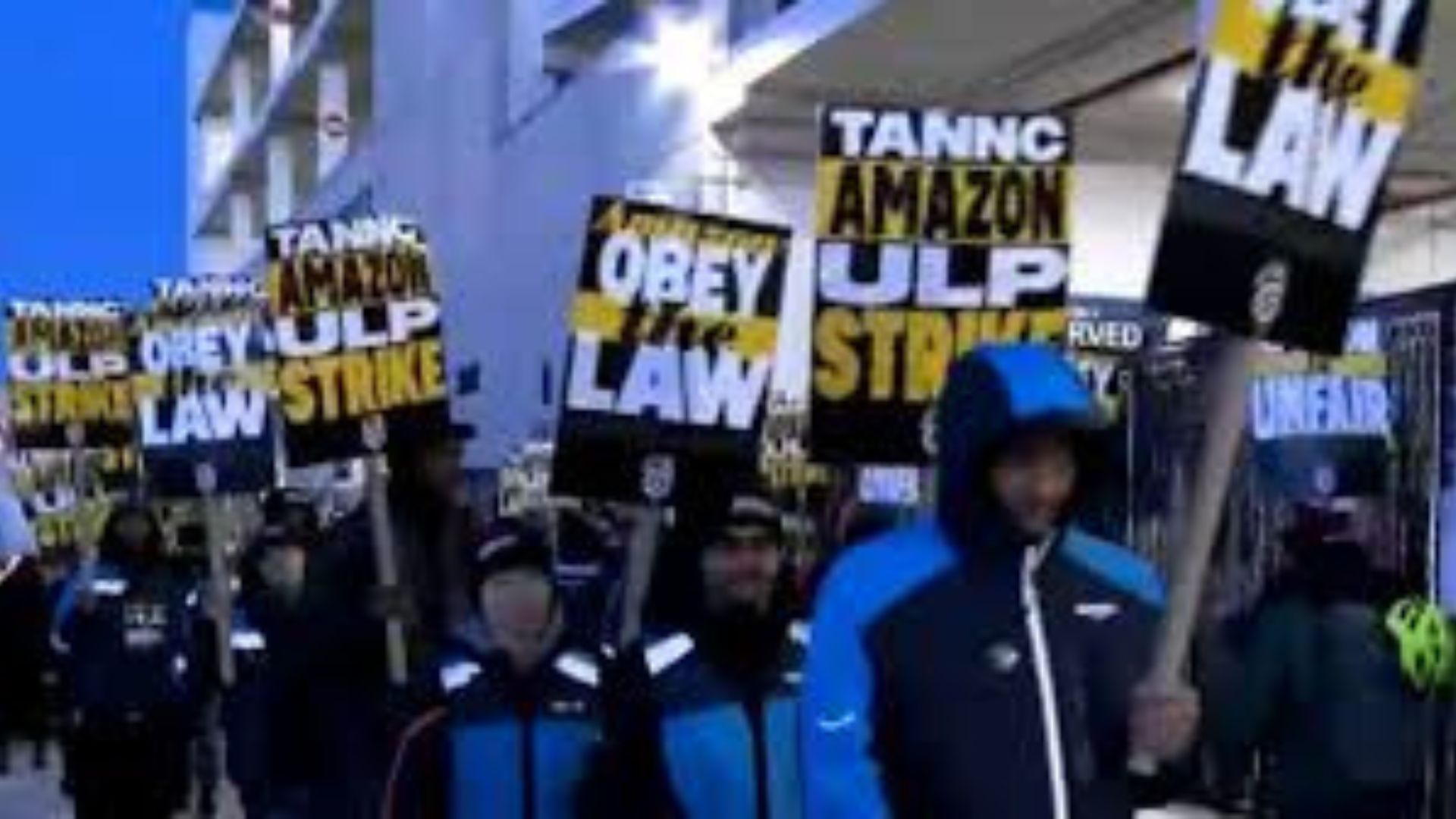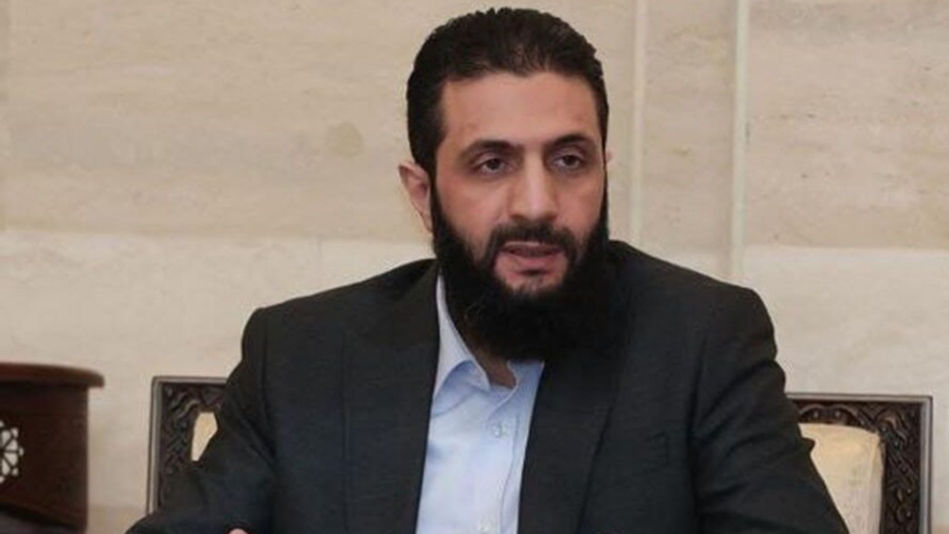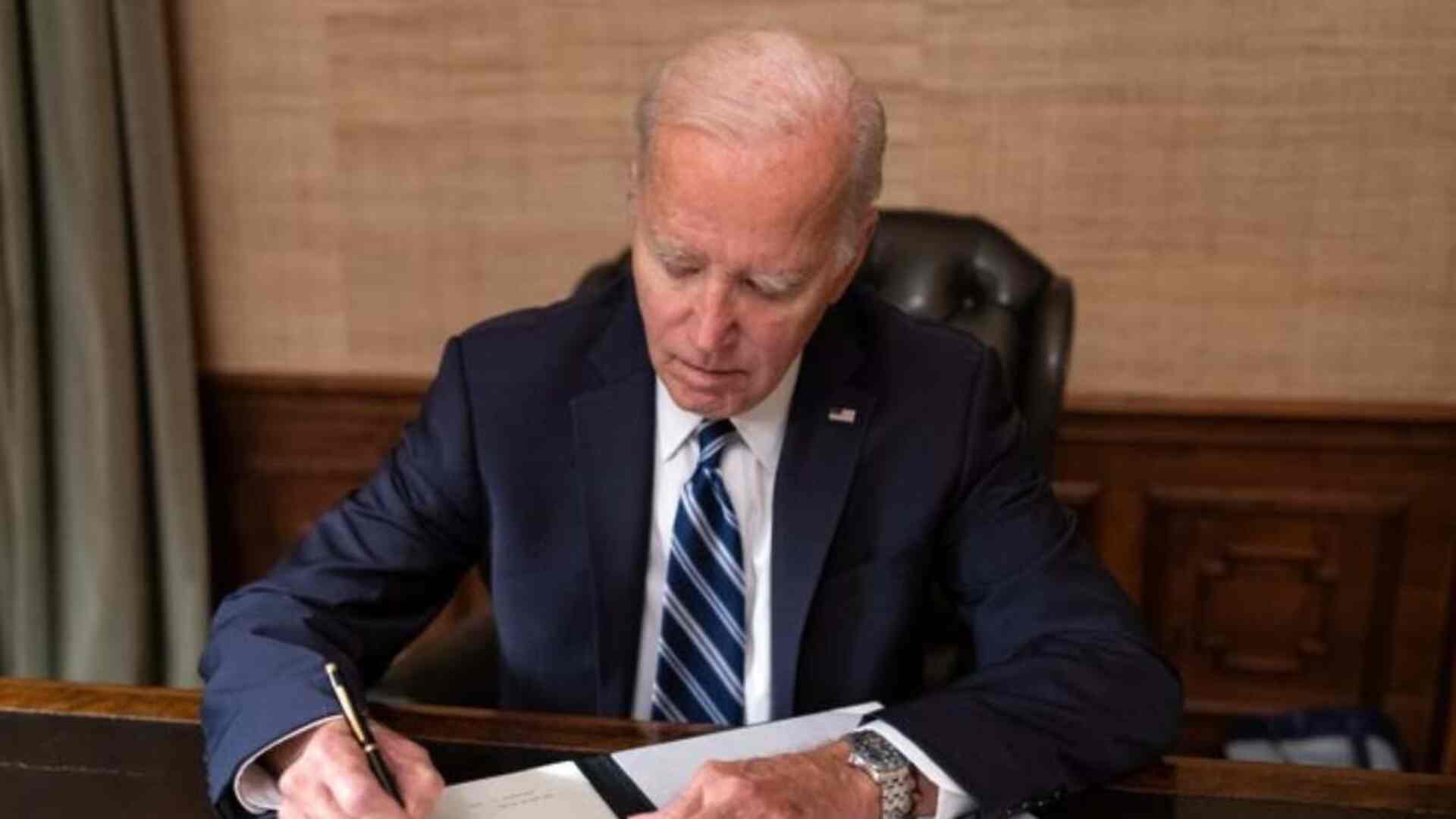France’s anti-terrorism court convicted eight individuals for their roles in the beheading of Samuel Paty on Friday. The teacher was killed outside his school near Paris four years ago. This tragic event occurred on October 16, 2020.
The Attack
Samuel Paty, 47, was murdered by an 18-year-old Russian of Chechen origin. The attack occurred days after Paty showed cartoons of the Prophet Muhammad in a class discussing freedom of expression. Consequently, the assailant, who had been planning the attack, was fatally shot by police.
The Trial
The trial began in late November, focusing on eight individuals accused of aiding the attacker or organizing an online hate campaign before the murder. The courtroom was packed with spectators and heavily guarded by police. Notably, Samuel Paty’s 9-year-old son sat in the front row with family members. As Judge Franck Zientara delivered the sentences, emotions ran high.
“I am moved, and I am relieved,” said Gaëlle Paty, Samuel’s sister, after the verdict. “Hearing the word ‘guilty’ — that’s what I needed,” she added, her voice breaking. “Now the judge has stated what really happened, and it feels good.”
The Sentences
The court convicted Naïm Boudaoud, 22, and Azim Epsirkhanov, 23, of complicity in murder, and both received 16-year prison sentences. Boudaoud had driven the attacker to the school, while Epsirkhanov helped him acquire weapons. Notably, both men must serve at least 10 years before becoming eligible for parole.
Meanwhile, Brahim Chnina, 52, the Muslim father whose false accusations fueled the hate campaign against Paty, was sentenced to 13 years for associating with a terrorist enterprise. Additionally, Abdelhakim Sefrioui, the preacher who led the online campaign, was handed a 15-year sentence.
How the Events Unfolded
Chnina’s daughter falsely claimed she had been excluded from Paty’s class when he showed the cartoons. As a result, Chnina spread false accusations online, calling for Paty’s firing and sharing the school’s address. This led to a hate campaign, which ultimately resulted in Paty’s murder. Just 11 days later, the attacker, Anzorov, beheaded Paty and posted a photo of the head on social media.
Legal Consequences
Chnina’s daughter, who lied about the incident, was tried in juvenile court and sentenced to 18 months, suspended. Four other students involved received suspended sentences. Meanwhile, a fifth student, who pointed Paty out to Anzorov for money, received a six-month sentence with an electronic bracelet.
Sefrioui, who filmed a video outside the school, repeatedly referred to Paty as a “thug” and used social media to pressure the school administration. As a result, he was convicted for his role in the hate campaign.
Family’s Reaction
The Paty family expressed shock and disbelief at the defendants’ apologies and claims of innocence. “It’s something that really shocks the family,” said their lawyer, Virginie Le Roy. “They are unwilling to admit responsibility.”
Le Roy added, “Apologies are pointless. They won’t bring Samuel back. But explanations are precious to us. We haven’t had many explanations.”
A Lasting Impact
Samuel Paty’s death left a lasting impact on France, with many schools now named in his honor. This tragedy sparked national debates on freedom of expression and secularism. While the court’s verdict brings some closure, the pain for Paty’s family continues.

